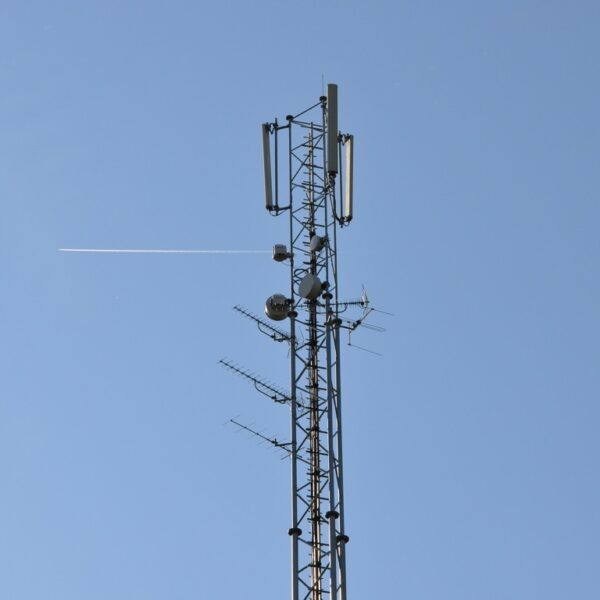
The Court of Justice of the European Union upholds taxes on GSM pylons and masts
In the context of a request for a preliminary ruling referred to by the Court of Appeal of Mons, the Court recalled that the Authorisation Directive applies to authorisations for the provision of electronic communications networks and services.
In a judgment dated 6 October 2015, the Court of Justice of the European Union ruled on the legality of a tax on mobile telephone transmission pylons and masts in accordance with the provisions of Article 13 of Directive 2002/20/EC of the European Parliament and of the Council of 7 March 2002 on the authorisation of electronic communications networks and services (the Authorisation Directive).
This directive lays down the rules governing the procedures for granting authorisations, as well as rules setting out the nature of the financial payments related to those procedures which Member States may impose on undertakings.
For the provisions of the Authorisation Directive to be applicable to a tax, the trigger for that tax must be linked to a general authorisation procedure, which ensures the right to provide electronic communications networks and services.
Article 13 of the Authorisation Directive concerns the conditions under which fees may be imposed for the rights of use for radio frequencies or numbers or rights to install facilities on, over or under public or private property.
In the present case, the Court held that it did not appear that the disputed tax has the characteristics of a fee which is imposed on undertakings providing electronic communications networks and services in return for the right to install facilities.
In addition, the trigger for that tax, which is imposed on any owner of transmission pylons or masts, whether or not it is the holder of an authorisation granted under the Authorisation Directive, does not appear to be linked to the general authorisation procedure entitling the undertakings to provide electronic communications networks or services.
The Court concluded that Article 13 of the Authorisation Directive does not preclude a tax being imposed on the owner of free-standing structures, such as transmission pylons or masts intended to support the antennas required for the functioning of the mobile telecommunication network, and which it was not possible to place on an existing site.
This ruling should reassure local authorities.
Associated areas of specialisation: Public economics and finance